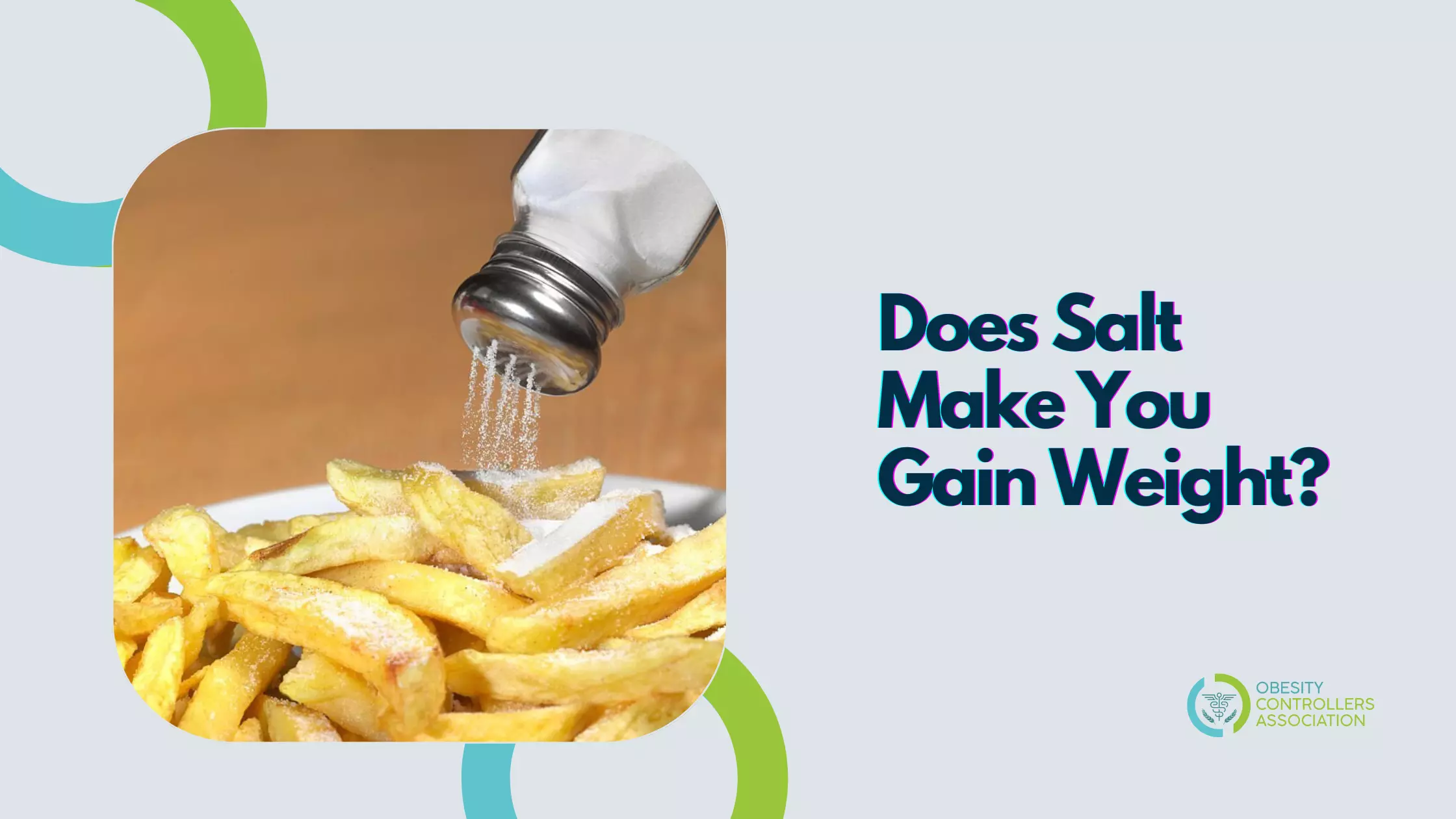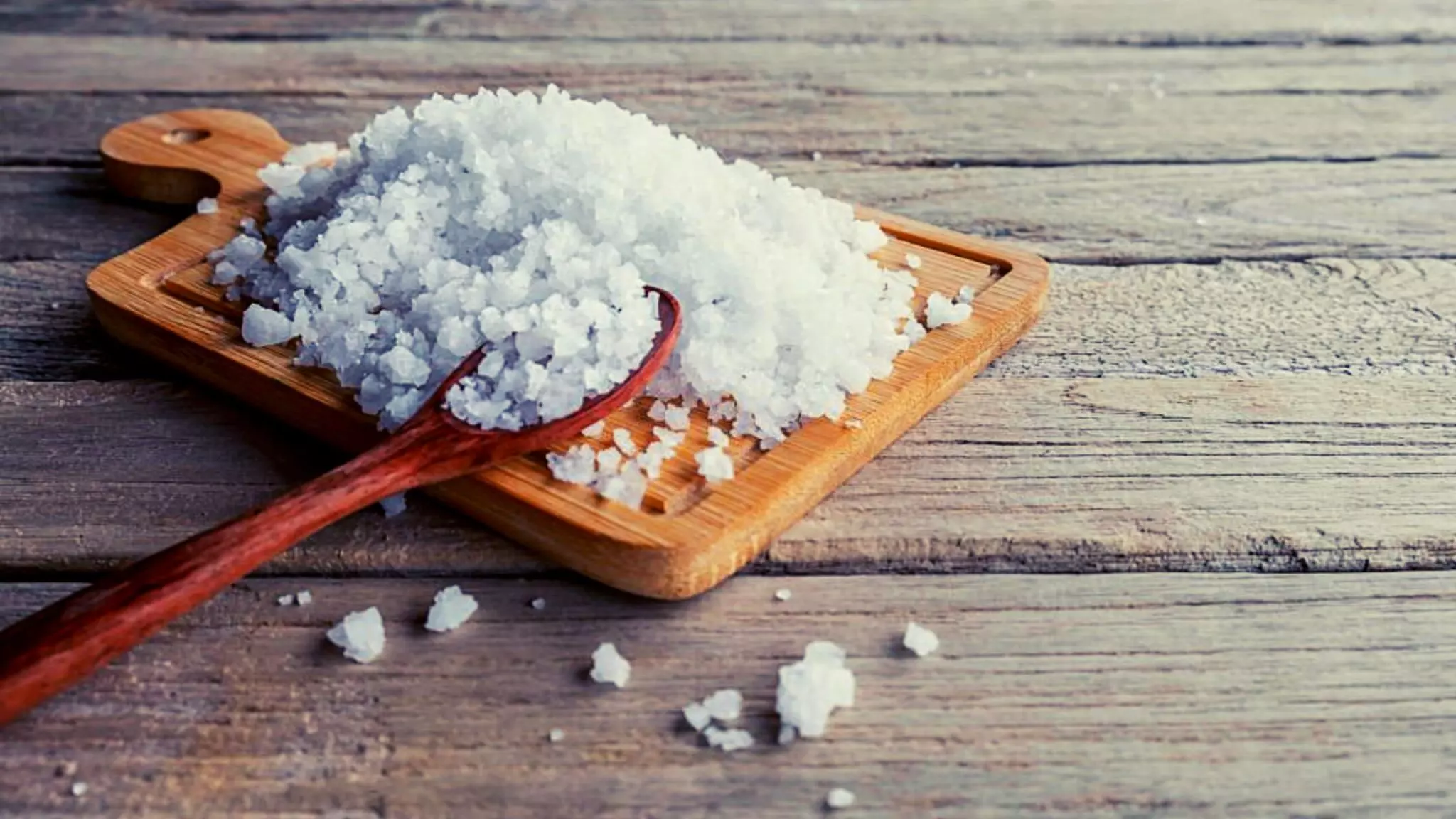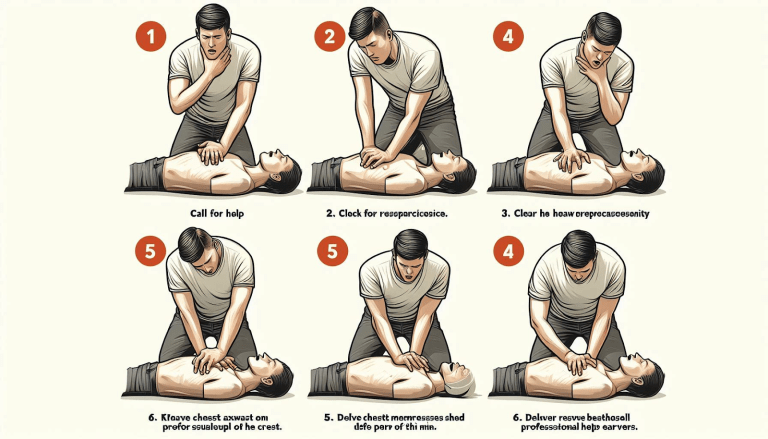Can Eating Too Much Salt Cause Weight Gain?

Little things make a big difference. This is especially true for most things in life. A flower at your table, a drop of rain in the morning, anything could have a huge impact on us though they are quite trivial. When it comes to preparing food, nothing tastes good without salt. Though it’s just grains, nothing can replace it.
However when you are on a weight loss journey, all the small things matter Things that you can never even imagine can spike your weight. Salt is said to increase weight and therefore many people stop taking it altogether. So does it make you gain weight or is it just another one of those rumors? Let’s find out.
Kinds Of Salt
There are several salts available for us to eat and taste. They could be different from each other even in color or taste. So some of them include-
- Table salt or common salt
This is our good old Sodium Chloride and is used anywhere and everywhere.
- Kosher salt
It can be classified as a refined one with no iodide. Its grains are bigger as well.
- Sea salt
This one is not too different from our table salt instead this one is not refined, or crystallized and includes all the minerals in the sea.
- Pink salt
You know where it got its name from. The color can be attributed to Iron Oxide.
- Black salt
Mined from Greigite this one has a lot of sulphur content in it.
- Red salt
It is reddish with less Sodium content.
- Truffle salt
Includes the mixture of truffle with table salt.
What Does Salt Contain?

Salt includes 40 % Sodium and 60 % Chloride. However, the percentage can vary as the type changes. For instance, a spoonful of common salt includes 2,300 mg of Sodium, Kosher salt 1920 mg, and black salt-2200 mg. Apart from that, it also has several minerals like Iodine, Iron, and Folic Acid. These days many refined salts are available to suit ones with certain restrictions.
Does Salt Make You Gain Weight?
Yes, salt cause weight gain. However, it all depends on the amount of Sodium that it contains. According to dietitians, an adult who consumes over 2000 mg of salt or sodium in a day is vulnerable to obesity. Why does this happen? Sodium triggers high blood pressure. Now high blood pressure is the cause of Cardiac troubles which is a life-threatening disease. So the problem with having high blood pressure is it can make you extremely thirsty. The thirst is not just about water but sugar and caffeinated drinks. We all know how that impacts our weight.
Additionally, taking huge amounts of salt is often associated with eating greasy foods. Packaged foods like chips are higher in salt to preserve them for longer periods. Some of the studies also point out how salt makes you completely hungry. It could lead to more consumption of oily substances which again adds to your weight. The enhanced taste makes it all the more appealing making it difficult to quit. Does this mean salt has no benefits at all?
Benefits Of Eating Salt
So we have established how salt leads to weight gain but that doesn’t mean it has no benefits. Some of them include-
- Hydration-As strange as it may seem, taking salt can help retain water in your body. However, moderation is the key.
- Stronger nervous system-This can help our brain work smarter.
- Say bye-bye to muscle cramps– When you are exercising, electrolytes are all that you need to stay fresh and salt has plenty of it.
- Get a peaceful slumber– According to new research, it can promote sleep. This is especially true for sea salt and not regular table salt.
How Can You Reduce Your Salt Intake To Control Weight?
In case you didn’t know how salt affects your weight, from now on you can control it by-
- Avoid processed food-Yes, Chips are bad news. Quit all those packaged food items and that might control your salt intake.
- Stop drinking aerated drinks– Before you wonder, it also means no soda or no sugary drinks.
- Read the labels-If you buy anything in the packet, please read the ingredients carefully. Less sodium should be your aim.
- Go fresh– There is only one way to stop eating processed food; eat fresh vegetables and meat.
- Measure the salt before garnishing your dish– Stop using a shaker and opt for tea or tablespoons to know the exact amount you put in.
Salt cause weight gain but that doesn’t mean you stop its intake completely. Always moderate the quantity that you will be eating when you are on a diet. Talk to your doctor and dietitian and work on your diet.





